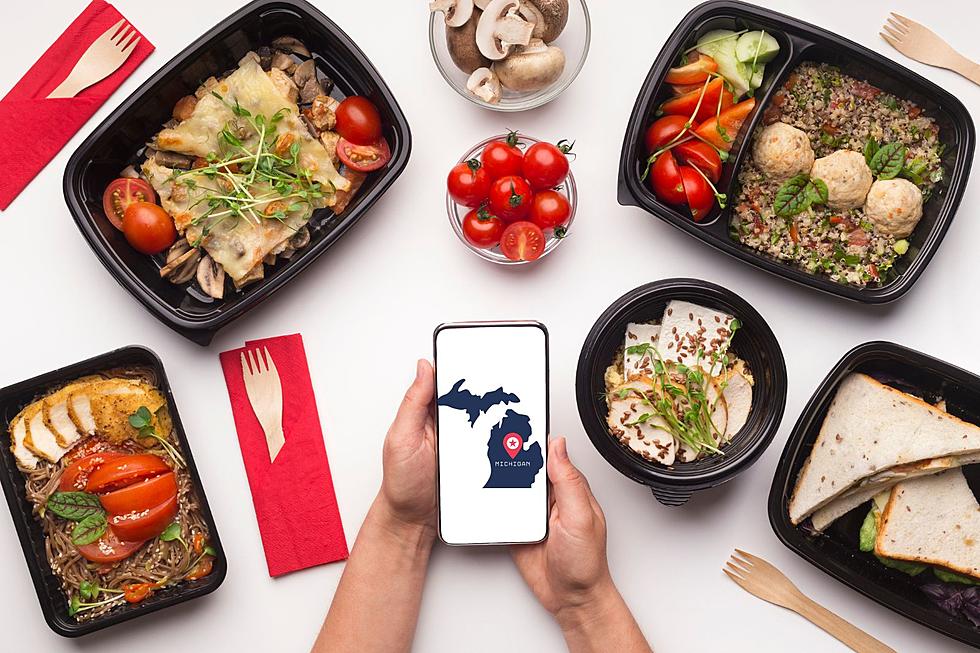
Starting a food delivery business promises a slice of the booming industry, fueled by the growing demand for convenient dining solutions. However, like any entrepreneurial venture, this path is sprinkled with challenges that require strategic navigation. In this article, we’ll explore the hurdles aspiring food delivery entrepreneurs may face and provide insights into overcoming these obstacles.
Fierce Competition in a Saturated Market:
The food delivery landscape is highly competitive, with established players dominating the market. New entrants often struggle to carve out a unique identity. Solution: Differentiation is key. Identify a niche or specialty – whether it’s focusing on a specific cuisine, catering to dietary preferences, or providing unique delivery options.
Logistics and Delivery Challenges:
Efficient logistics management is critical for timely and fresh food delivery. Navigating traffic, optimizing delivery routes, and ensuring food quality upon arrival pose constant challenges. Solution: Implement robust logistics and route optimization systems. Consider investing in technology, like GPS tracking, to enhance delivery efficiency.
Ensuring Food Quality and Safety:
Maintaining the quality and safety of delivered food is a paramount concern. Factors like temperature control, packaging, and delivery time can impact the overall dining experience. Solution: Implement stringent quality control measures, invest in insulated packaging, and use technology to monitor delivery times.
Technology Costs and Integration:

Building and maintaining a reliable and user-friendly platform involves significant technology costs. Integration with various systems, such as order processing, payment gateways, and customer interfaces, can be complex. Solution: Prioritize scalable technology solutions and explore partnerships with tech providers to share initial development costs.
Regulatory Compliance and Licensing:
The food industry is subject to strict regulations and licensing requirements, varying across regions. Navigating these legalities can be time-consuming and complex. Solution: Conduct thorough research on local regulations, engage legal counsel, and proactively address licensing requirements to ensure compliance.
Customer Acquisition and Retention:
Acquiring and retaining customers in a competitive market demands effective marketing strategies. Maintaining customer loyalty amid various choices is an ongoing challenge. Solution: Develop targeted marketing campaigns, offer promotions, and prioritize exceptional customer service to build a loyal customer base.
Managing Operational Costs:

Balancing operational costs, including labor, packaging, and delivery expenses, is crucial for profitability. New businesses may struggle to find this equilibrium. Solution: Optimize operations through efficient supply chain management, explore cost-sharing models, and negotiate favorable terms with suppliers.
Cybersecurity Concerns:
With the reliance on digital platforms, cybersecurity threats such as data breaches and fraudulent activities pose risks to both the business and its customers. Solution: Invest in robust cybersecurity measures, secure customer data, and stay updated on the latest security technologies.
Adapting to Changing Consumer Preferences:
Consumer preferences and trends evolve rapidly. Staying ahead and adapting to these changes can be challenging for startups. Solution: Conduct market research, gather customer feedback, and stay agile in adjusting your offerings based on changing preferences
Sustainability and Environmental Impact:

Increased awareness of environmental issues raises concerns about the sustainability of food delivery operations, particularly regarding packaging and carbon footprint. Solution: Embrace eco-friendly practices, use sustainable packaging, and communicate these efforts to environmentally conscious consumers.
In conclusion, while challenges abound in the food delivery startup space, proactive planning, innovative solutions, and a commitment to meeting customer needs can pave the way for success. By addressing these challenges head-on, entrepreneurs can turn obstacles into opportunities and create a lasting presence in the dynamic world of food delivery.






